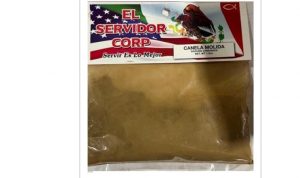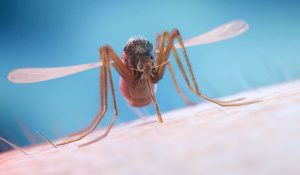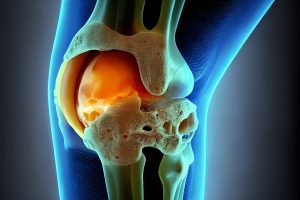Eating fewer calories is essential when you want to lose weight, but there’s growing evidence that the quality of those calories matters, too. Eating high-quality foods not only boosts weight loss, but also reduces your risk for chronic diseases.
High-quality foods are fresh or minimally processed. Think vegetables and fruits, whole grains, plant-based fats and healthy sources of protein. Fresh or flash frozen choices are best. If you need to buy canned foods, look for no-sugar, no-salt added varieties.
Lower-quality foods typically contain refined grains like white flour and various sugars. They’re usually processed and packaged, and high in saturated and/or trans fats — even though manufacturers are supposed to eliminate trans fats, the deadlines to do so have been extended.
One study showed just how strong the association is between low-quality foods and gaining weight. When people ate more foods like potato chips, sugar-sweetened beverages, and red and processed meats — and fewer vegetables, whole grains, fruits, nuts and yogurt — they put on nearly one pound a year. Unchecked, over time, those pounds can start adding up … to obesity.
Another study found that increasing the quality of fruit, meat, grains and dairy boosted weight loss after just 12 weeks.
To make the switchover easier on yourself, set an attainable goal of eating one new or different high-quality food at least once every week.
Yes, high quality can at times be more expensive, especially for fresh produce. But if you buy in season, whether at farmers’ markets or your local grocery store, you can usually get better quality fresh foods at lower prices.
More information
The American Academy of Family Physicians has suggestions for making better food choices.
Copyright © 2024 HealthDay. All rights reserved.













-300x200.jpeg)
-300x213.jpeg)










